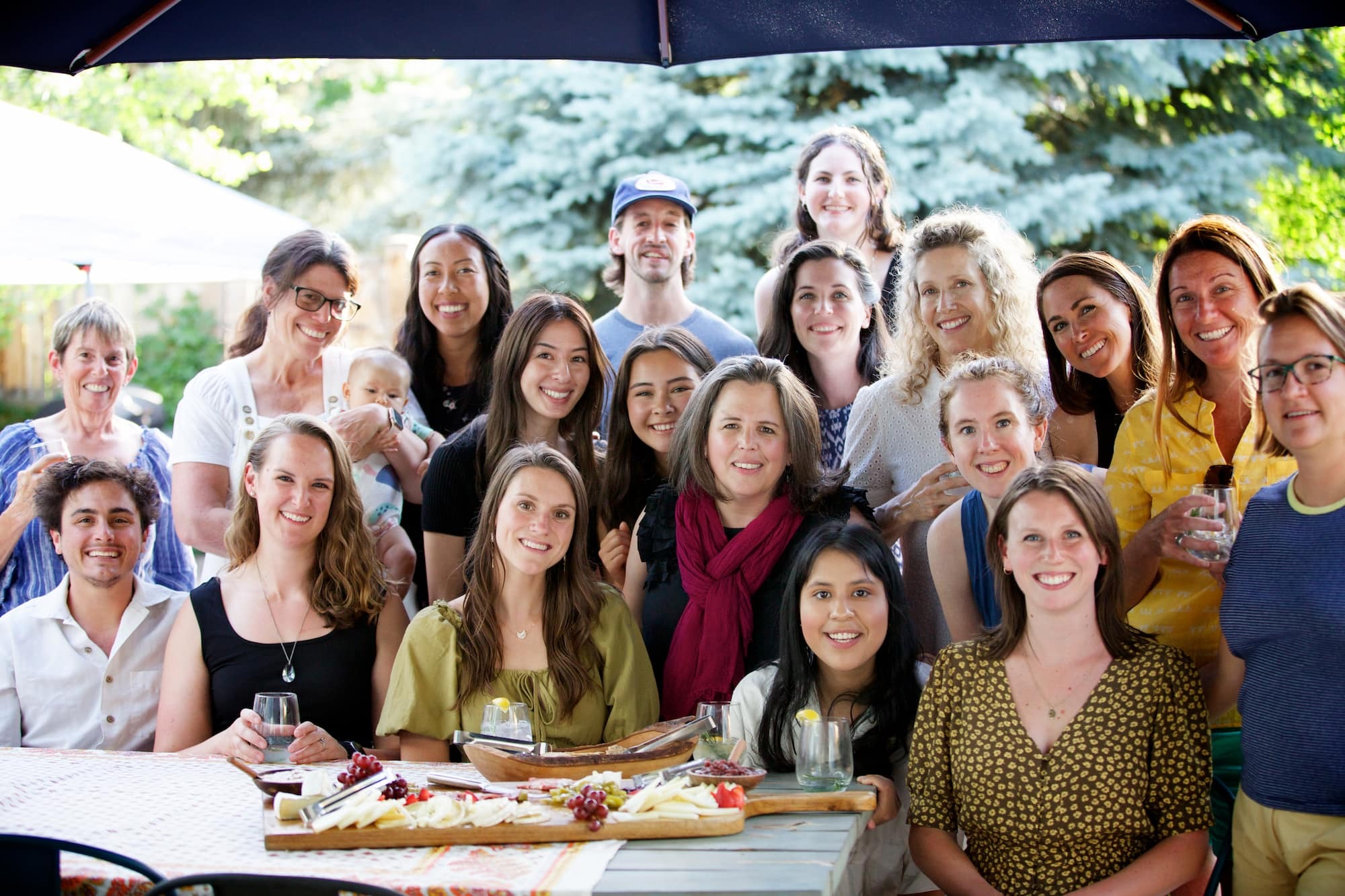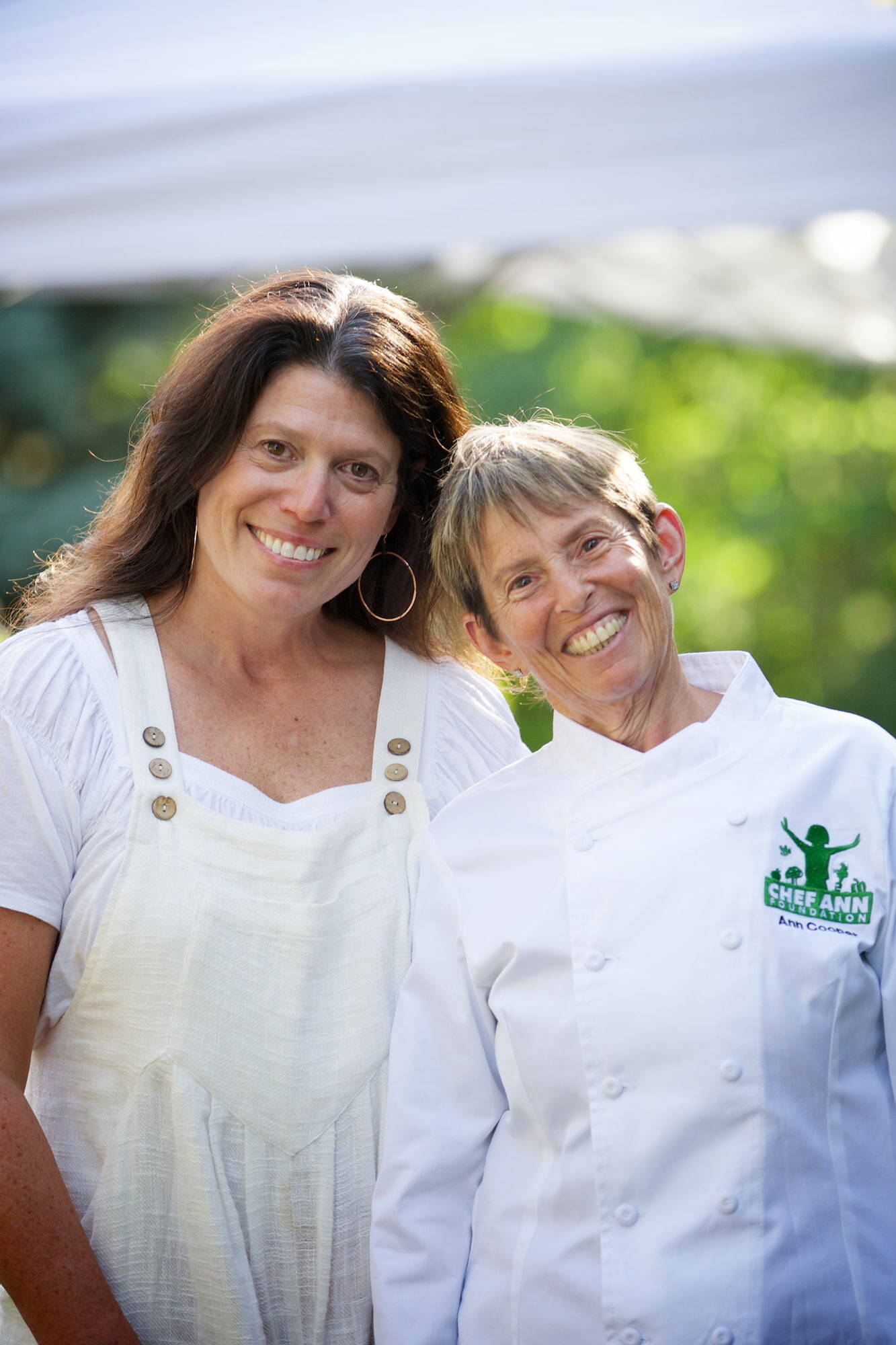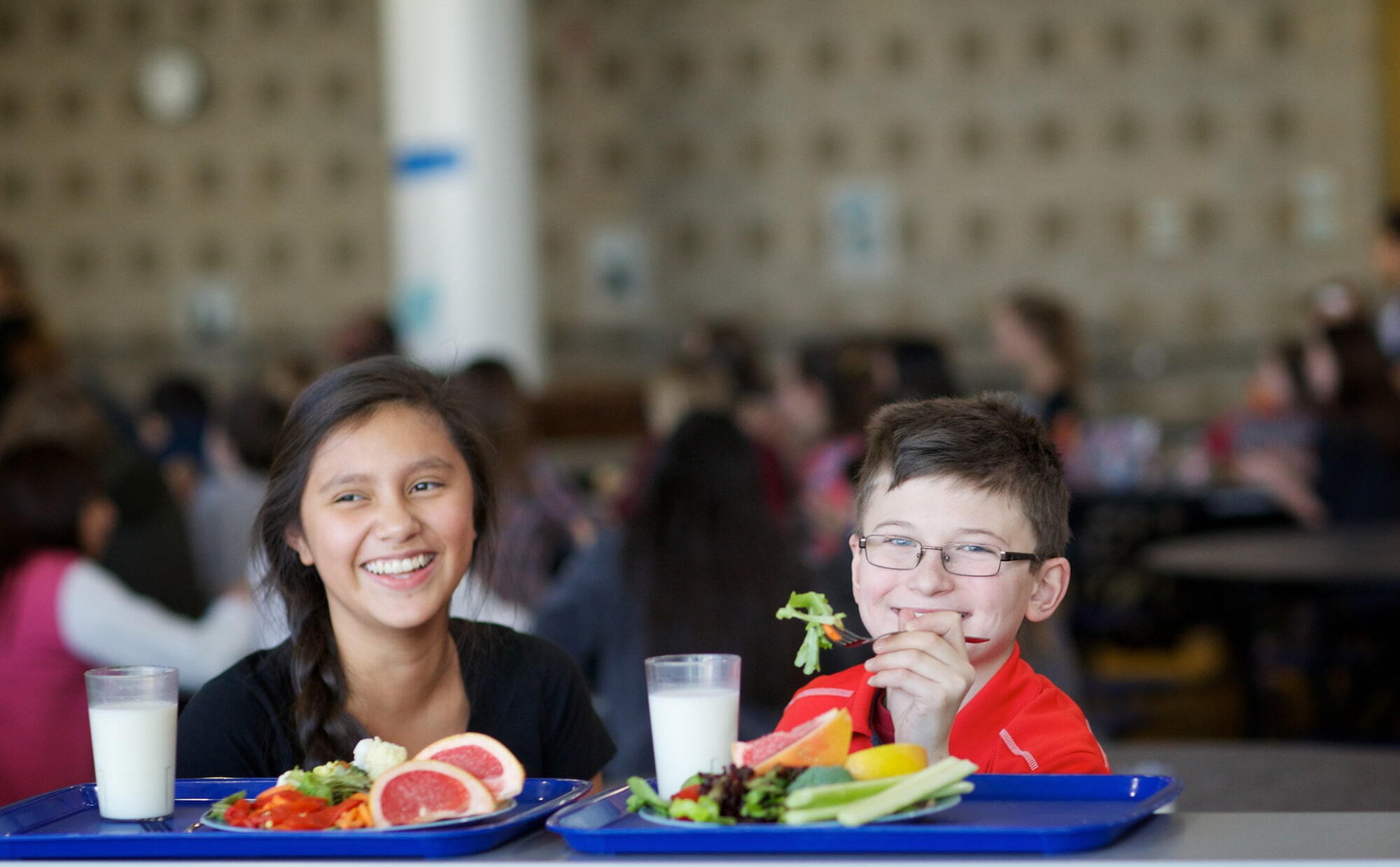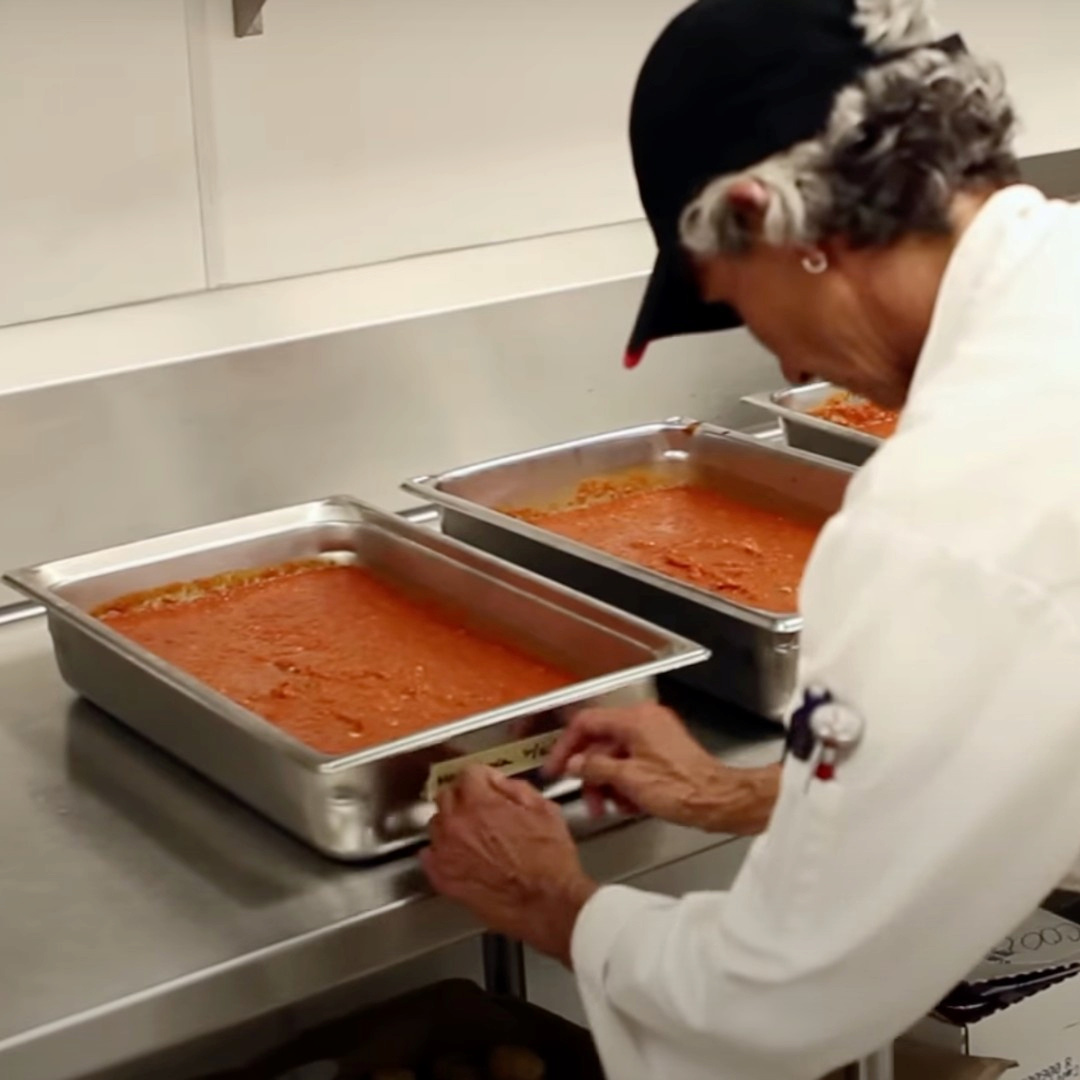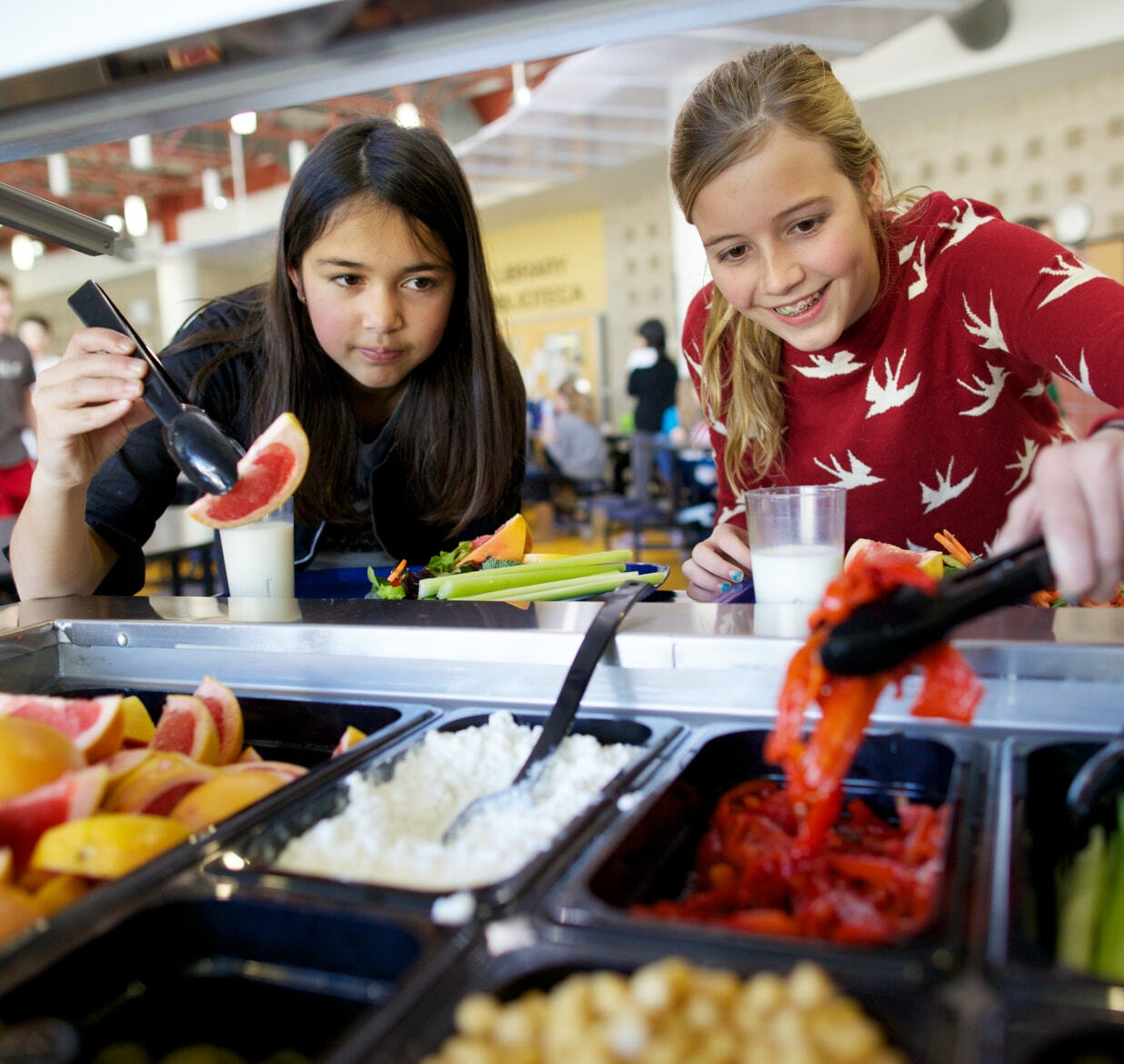Why are CAF’s efforts to support scratch cooking in districts so important to children?
“Overall, the proportion of calories in youths’ diets that came from ultra-processed foods rose between 1999 to 2018, from about 61% to 67%. The proportion from whole, unprocessed foods dropped from almost 29% to 23.5% during the same time.” (LINK to article) In addition, “ultra-processed foods accounted for greater increases in calories for non-Hispanic Black and Mexican American youths compared with non-Hispanic White youths.”
So, what is so bad about ultra-processed foods? “Longitudinal studies in the Americas and Europe have linked eating more ultra-processed food to a number of health risks, including increases in obesity, high blood pressure, Type 2 diabetes, and even dementia.” (LINK to article)
As children move through their K-12 experience they develop knowledge and skills that are intended to help them succeed in life. However, unlike education around math, social studies, and language arts they are taught very little about food. Every child will likely eat three meals a day for the rest of their lives and the food they eat will determine a crucial piece of their health and wellness. Even though eating is something all children will do for the rest of their lives the US education system does not place value on food and mealtime. You can see this in the kind of food that is served in schools, the short amount of time dedicated to mealtime, the fact that they make kids coming from families of certain incomes pay for meals, the lack of education around food and the low pay and value of school food workers in districts.
We believe at CAF that helping districts change to scratch cooking will help kids develop habits that reduce eating ultra-processed food and that help kids understand what fresh food tastes like and how it feels in their bodies. Additionally with nearly 14 billion dollars spent on school food each year, moving to scratch in our school food program will allow us to procure higher quality food items and ultimately contribute to a better food system that reduces impact on the environment.

